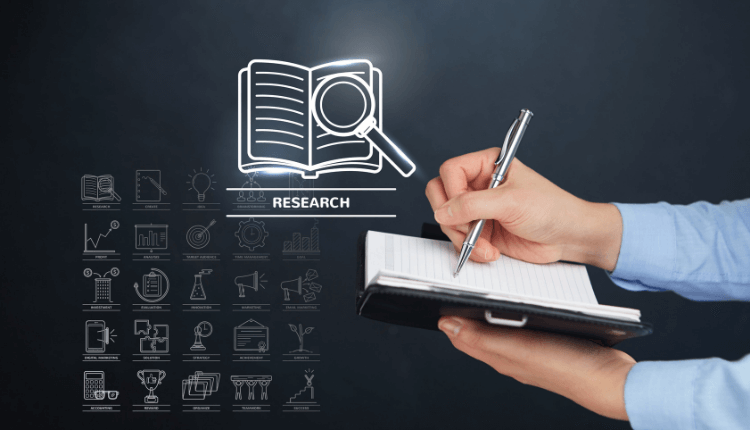
The main two things that develop self-reflection:
Asking the right questions
Practising these questions
How to practise?—Set a recurring schedule for reflection.
Yes, this practice needs to be regular. So, make a diary entry for self-reflection. Mine is Mondays 9:00-11:00am. I label it ‘Reflect and Refocus’ and set the location to my home study and the beach. What time will you allocate for reflection?
Take a few deep breaths to be still and sense God’s presence before you begin to reflect on the week.
Asking the right questions
Make a list of questions to ask.
I start with the following key questions as these help me focus on my blind spots. It took a while to develop these questions. Use mine if you want, then add to them as you discover helpful questions for you.
- Where did I experience the presence of God?
- Where was it hard going?
- How was my emotional tank?
- Any signs of burnout:
- Where was I critical of others?
- Where was I withdrawn?
I have these listed at the top of my weekly reflection template in Evernote, and I note occasions in the week when these occurred.
Going deeper, I look over my 4 gauges which monitor overall energy level, burnout symptoms, buoyancy and depletion. A downloadable template of these is free for all subscribers to this blog
Next, I go for a 10,000 step walk. This is a great time to pray and reflect further. I find creative thoughts flow and I come back clear-headed, refocused and energised.
Some will think that my weekly practice is over the top. It may not be for you, but it’s what I need to stay healthy. How do you observe your emotional well-being? It that observation accurate?
Prior to burnout, I regarded myself as emotionally intelligent and self-aware. This was not just personal opinion, as I’d had 37 years of pastoral ministry, a Doctor of Ministry, and 10 years in a national role with C3 Australia, engaging regularly with pastors in crisis. Yet I did not see burnout coming.
A mentor will help you form the right questions and enhance the practice.
The above tools can be helpful, but it would be remiss of me to exclude a vital part of my learning, that is, being mentored. Without the experience of mentoring I would have answered the questions much higher than was reality. A mentor’s role is to help you form an accurate picture of your emotional well-being. They ask questions, provide feedback and build ownership for change. Who can help you ask the right questions?
These tools help me see what I have learnt from my mentor. They help me focus on the questions that help me to identify changes and set a course to improve health. The gauges then measure increase in well-being.
Who can help you? Who can you help?
When you have learned this skill, pass it on to others. The need is huge. Do you have a passion to lift others? Are you willing to be trained to lift emotional well-being?
Continue reading with these articles…
Recent Posts
Categories
- Coaching
- Emotional Health
- Empowering Transformative Action
- Flourish
- Gauges
- Grief
- Grief
- Healthy Emotional Intelligence
- Healthy Lifestyle
- Mature Disciple: foundational competency for mentoring
- Mentoring Excellence
- Professional Supervision
- Reduced Risk
- Replenish
- Resources
- Seasoned Christian Leadership
- Sustainable Life
- Thriving Relationships
- Uncategorized
- Videos
- Vital Spirituality
- Well-Being
- Well-Being Mentoring



